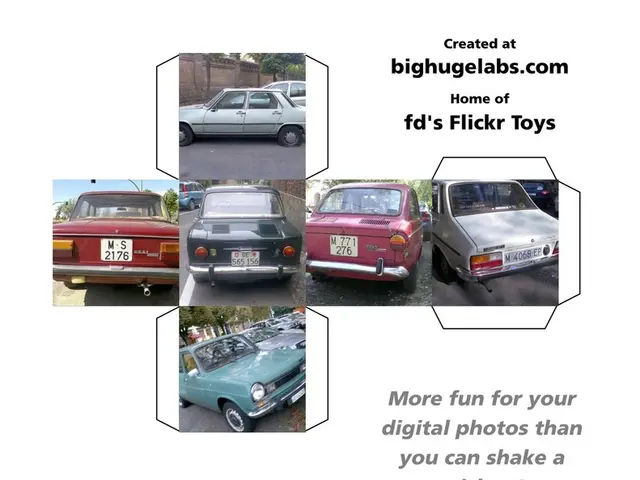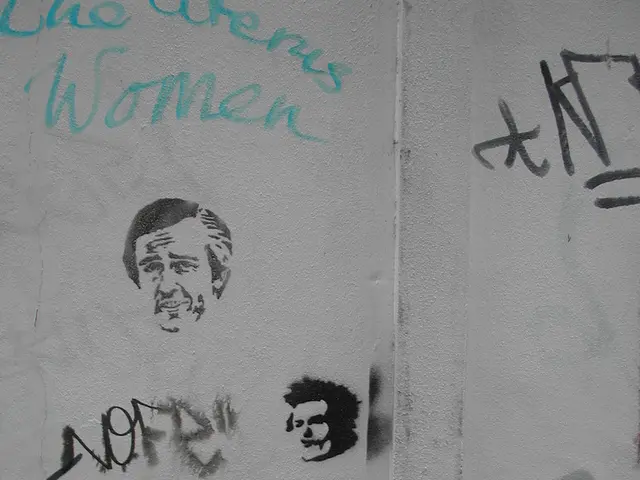AI-Generated Specialized Patterns Unveiled
In the dynamic world of artificial intelligence (AI), a significant shift is underway. This transformation, occurring at various levels, is leading the AI field towards a future of fractal specialization.
At the market level, applications are diverging. While consumer markets are consolidating around companionship and emotional AI, forecasted to be worth $140.7B by 2030, dominated by apps for social support, relationships, and entertainment, enterprise markets are consolidating around productivity and coding AI. This latter sector, worth an estimated $47.3B by 2034, is dominated by developer tools, integrations, and workflow automation.
This pattern of specialization repeats fractally at the micro, meta, and macro levels. For instance, at the company level, strategies are diverging. Enterprise-focused companies like Anthropic optimize for capability and performance, focusing on verifiability, determinism, and integration, serving fewer, high-value customers. On the other hand, consumer-focused companies like OpenAI optimize for scale and safety, focusing on alignment, RLHF, and emotional reliability, while serving millions of low-ARPU users.
The same dynamic that played out with SaaS (horizontal → vertical SaaS) is repeating in AI. Each domain finds its own center of gravity over time, with "AI for everything" becoming "AI for specific market verticals."
At the user level, preferences are becoming increasingly specialized. Consumer behavior is driven by emotional connection and safety preference, while enterprise users prioritize capability and productivity.
Between levels, phase transitions occur. Companies shift from generalist research to strategic specialization, and markets shift from experimentation to structural consolidation. This shift is not optional but rather a destiny for builders, operators, and investors in the AI field.
The AI market split is structural, not cyclical. Once preferences harden, once companies specialize, once markets consolidate, there is no return to the generalist era. This era of generalist AI companies is ending, and the era of fractal specialization is beginning.
Two AI companies with different specializations currently are OpenAI, which focuses on generative AI technologies such as content creation, customer support, and automation, and DeepL, which specializes in AI-powered language translation and recently introduced AI agents to expand its services. OpenAI targets broad applications including natural language processing and predictive analytics, while DeepL concentrates on language-related AI functions.
This transformation is irreversible. Specialization is not just a trend but a destiny for the AI field. As we move forward, we can expect to see this pattern of specialization continue to unfold, shaping the future of AI in profound and exciting ways.








